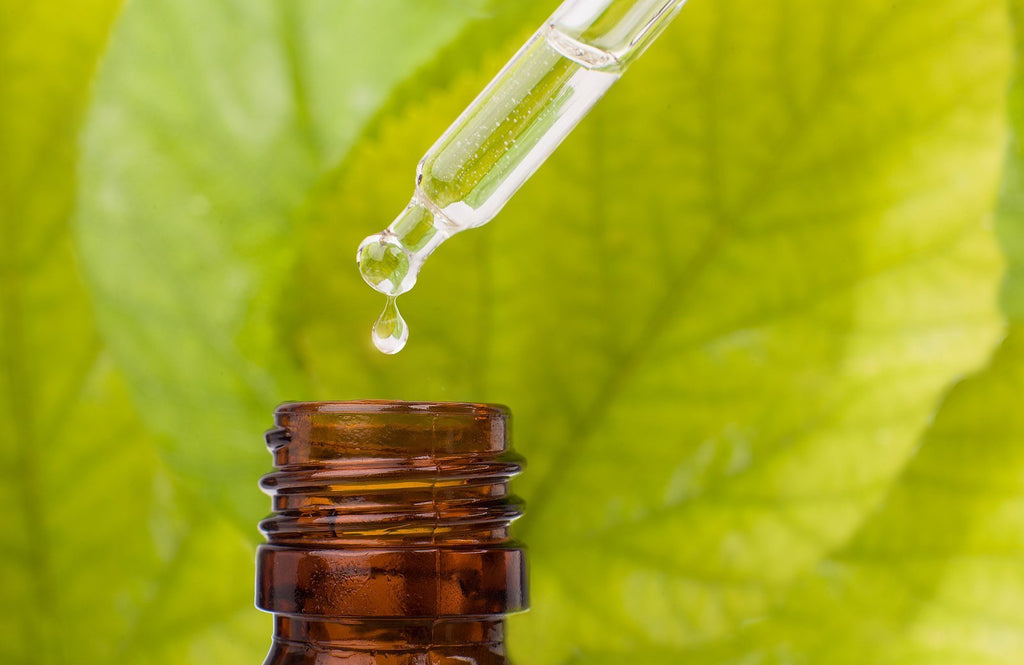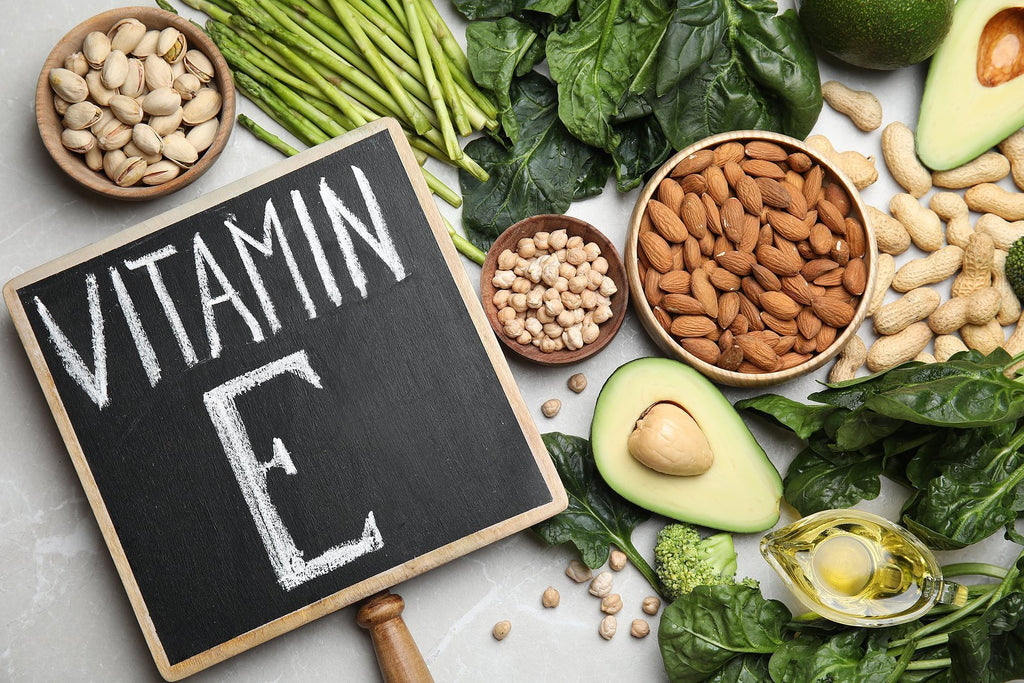OPCs – Nature’s SUPER Antioxidant You Need To Know About
Today, I’ll introduce you to one of the most heavily researched natural ingredients, a class of compounds called oligomeric proanthocyanidins. Let’s make it easy and call them OPCs.
Nature is stocked with powerful health-fortifying compounds, so it’s no surprise that OPCs are found there too! They come from two main sources – grape seeds and a unique type of pine bark. Their powerful antioxidant properties can hold the key to anti-aging strategies and disease prevention.
Just how powerful are they? They can have up to 50 times the antioxidant strength of vitamin E and 20 times the potency of vitamin C!
Pine bark’s healing properties have been used for hundreds of years. Since these trees are found in France, OPCs have been a part of European healthcare for many decades. More extensive research in the last fifty years has made it available in the U.S. as a nutritional supplement under the branded name “Pycnogenol.”
Benefits and Properties of OPCs
It’s normal for unstable oxygen molecules (also called free radicals) to be constantly produced in your body. In fact, free radicals result from just breathing or moving. The problem is that they are the largest culprit of aging and disease.
Antioxidants help neutralize these harmful free radicals. OPCs are considered super antioxidants because of their ability to do this at great speed and consistency, giving cells the chance to regenerate.
The OPCs found in pine bark and grapeseed have an impressive lineup of defense properties.
They effectively combat:
- inflammation
- bacteria
- viruses
- carcinogens
- allergies
- aging
- diabetic complications
Can OPCs Help Diabetes?
Amazingly, OPCs from pine bark and grape seed can aid in the treatment of diabetes, a disease in which high blood sugar damages blood vessels, nerves and tissues like the heart, kidneys and eyes. OPCs work to significantly lower blood sugar levels by delaying the uptake of blood glucose after a meal.
One study concluded that when it comes to suppressing carbohydrate absorption, Pycnogenol (brand of OPCs from pine bark) is an astounding 200 times more effective than certain diabetic medications! This effect is due to Pycnogenol’s ability to inhibit intestinal enzymes that break down carbohydrate into glucose. These enzymes allow carbohydrates to enter the bloodstream more slowly and steadily which eliminates sugar spikes and promotes satiety.
This study also demonstrated that Pycnogenol helped protect the lining of blood vessels and capillaries from free radical damage. This is a huge breakthrough for the relief of retinopathy, a common effect of impaired blood flow in diabetics.
As concluded in this research, Pycnogenol holds promise in preserving vision when used in the early stages of diabetes.
OPCs Benefit Many Health Conditions
The benefits of OPCs reach well beyond aiding diabetic conditions. The ability to promote circulation, decrease inflammation and fight free radicals, gives them remarkable potential in helping with over 80 health conditions.
OPCs can improve:
- circulation problems
- allergies
- asthma
- ringing in the ears
- high blood pressure
- muscle soreness
- ADHD
- endometriosis
- osteoarthritis
- migraines
- erectile dysfunction
- vision problems
Using OPC Supplements
The label on pine bark extract in either liquid or capsule form should provide the OPC percentage. Most of these forms will be around 85%. OPC topical cream will have about 2%.
OPC supplements can be a solid contender to over the counter anti-inflammatory medications like Aspirin and Tylenol.
For quick reference, here are some pine bark extract dosing guidelines that I sourced from WebMD:
- Allergies – 50 mg twice per day. Start 5 weeks before allergy season
- Asthma – 1 mg per pound of body weight. For children, divide the total dose and take in two increments per day.
- Athletic performance – 100-200 mg per day for a max of 2 months
- Circulation problems – 45-360 mg daily for 3 to 12 months. Divide into 3 doses per day
- Mental function – 100-150 mg daily for 3 to 12 months
- Retinopathy – 50 mg 3x per day for 3 months
Well, I hope I’ve introduced you to a new natural way to achieve relief and better health. It’s always a good idea to talk with your doctor about taking supplements (even naturally derived ones like Pycnogenol) if you’re being treated for a health condition.
For more information on the antiaging topic, check out my related video and blog here: “The Powerful Antiaging Vitamin you Should be Taking”
"I have been a loyal BodyManual customer since my naturopathic doctor recommended them a year ago. Very glad I found pure products without all of the junk. I have no reservations recommending to my friends and family."
Alexandre - ⭐️⭐️⭐️⭐️⭐️
Sharing is caring
Know Your Body - Know Your Health






